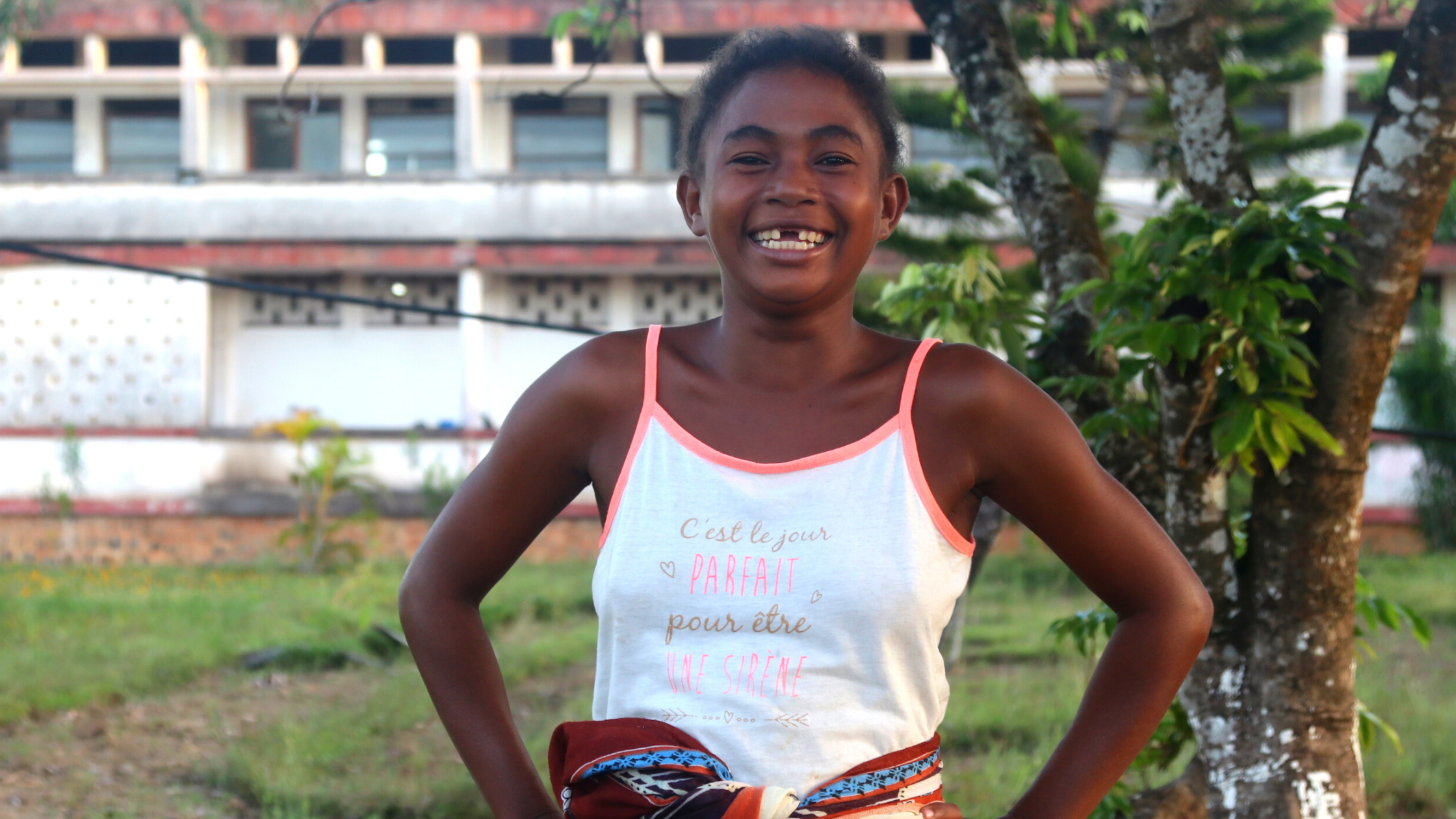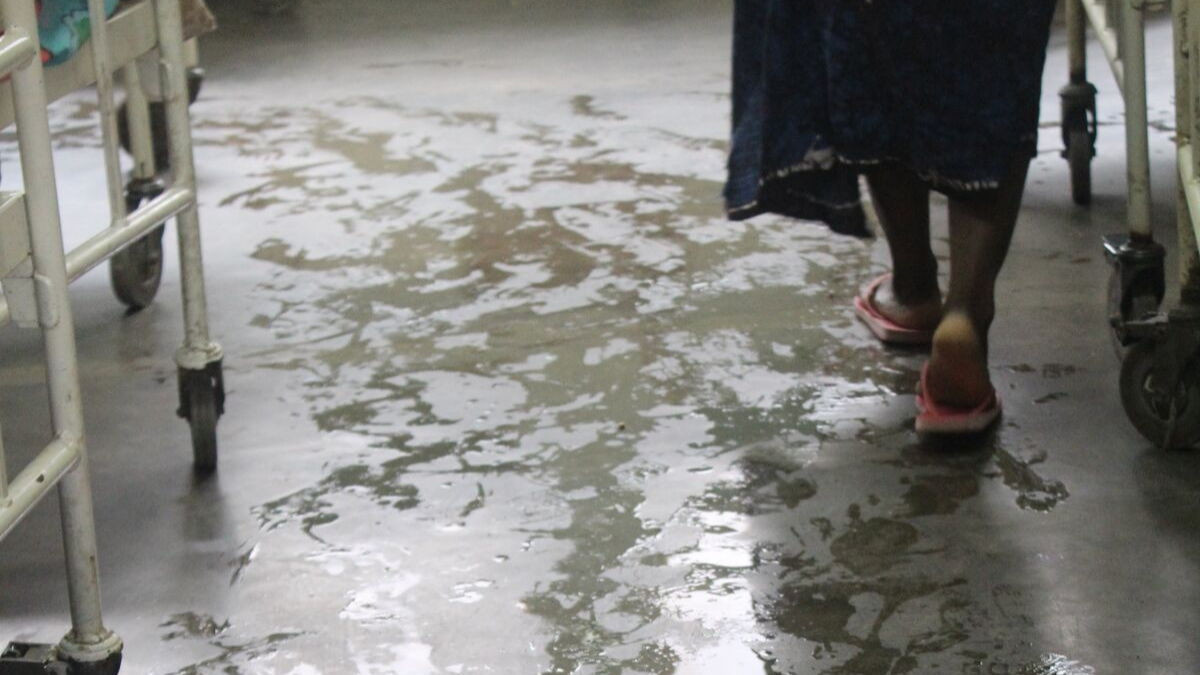the worst thing you've never heard of
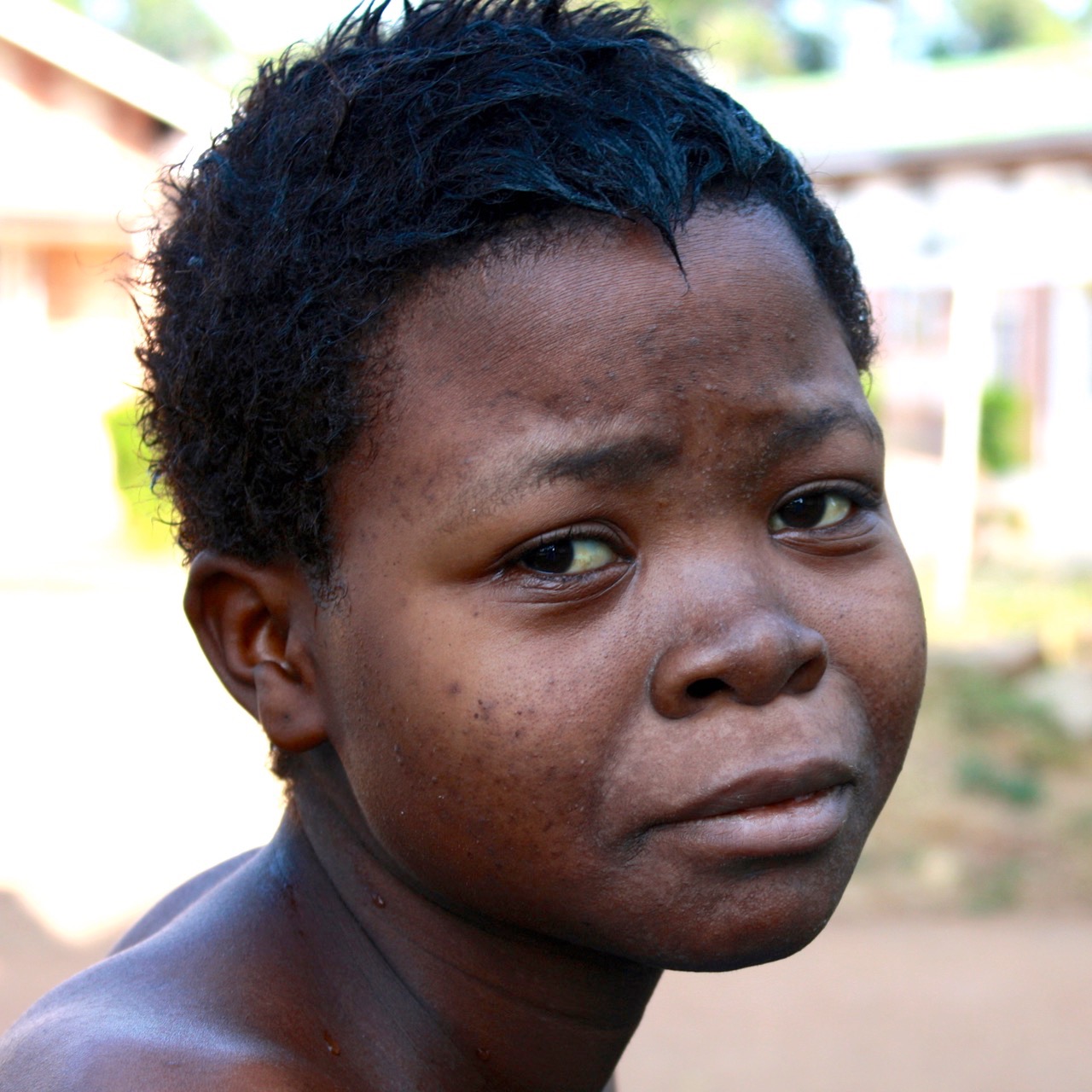
Childbirth with no help
Imagine giving birth without a doctor or midwife. With no access to pain relief or medicine to protect you from infection. No machines to monitor the health of you or your baby…
What if I told you that you also wouldn’t have clean running water, soap, or electricity? If you did want some light, you would need to burn a homemade kerosene lamp in the corner. And if there was a problem, you wouldn’t be able to call an ambulance for help. You would need to walk to your nearest hospital, and hope that someone there could help you.
It’s unimaginable, right? Yet, this is the reality faced by millions of women living in the world’s poorest countries.
WHAT IS OBSTETRIC FISTULA?

OBSTETRIC
(child-birth related)
Fistula
(unnatural connection)
Obstetric Fistula is a childbirth injury that happens when a woman experiences obstructed labor and finds herself with no access to the care she needs to give birth safely.
Days of unrelieved labor create compression, cutting off blood supply to the baby and to the mother’s internal tissue. This causes both to die. The dead tissue results in holes – or fistula – in the walls separating the woman’s vagina from her rectum or bladder.
Not only must the woman experience the unimaginable pain of giving birth to her stillborn child, but following the birth, she finds that she has lost control of herself. She is rendered incontinent.
The smell of an uncontrollable and unending flow of waste has terrible social implications for these women. Social implications that are magnified by a deep lack of understanding of the condition. This has dire consequences.
Women with fistula are ostracized and rejected by their communities. They are abandoned. Sent away to live in shame – often utterly destitute and alone.
Obstetric fistula leaves women without hope
Despite a proven and affordable repair surgery, this terrible condition still affects one million women in Africa and South Asia, and persists because women have no access to safe prenatal obstetric care, like emergency C-section. With 50,000 new cases each year and only 16,000 women treated annually, most women will never know a cure.
Why does fistula matter?
Important
Fistula causes unimaginable suffering. This is suffering that we can end. Fistula is also an indicator of gender inequity and systemic failure.
Neglected
Most people don't know about fistula and it's also an uncomfortable topic to discuss. This means that most women will never get treatment.
Solvable
We can prevent and treat fistula. There are only 1 million women on the planet with this condition. We can eradicate fistula within several decades.
Together We Can End Fistula for every woman everywhere
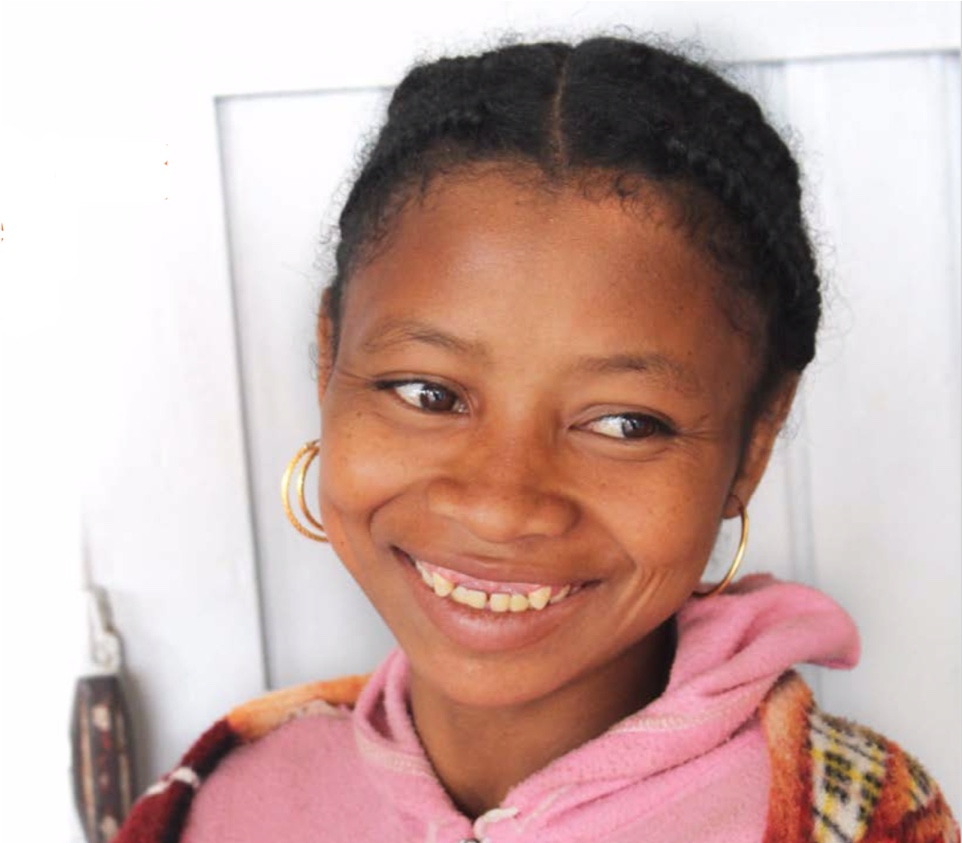
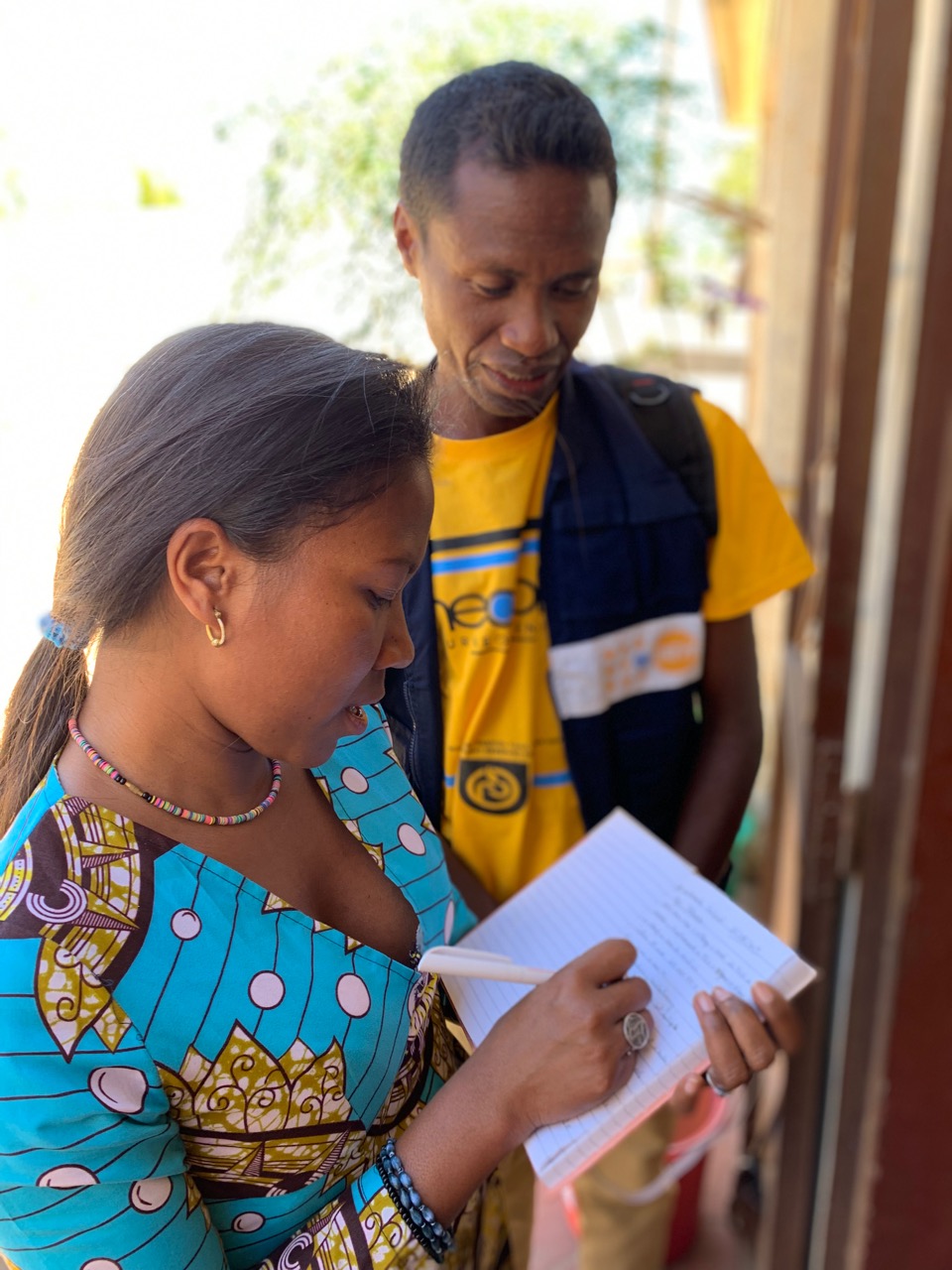
What we do
We’ve launched a vast new project across 10 districts Madagascar to find, mobilize, and treat every single woman living with fistula. What we learn will have the power to transform the way organizations work to end fistula.
We’ve created GOFAR—the Global Obstetric Fistula Automated Registry. This platform provides a shared measurement system and has the power to improve coordination, collaboration, and quality across our sector.
We’ve developed an innovative funding model – Kickstart – that enables on-the-ground providers to access the funding they need to deliver treatment.
We are using data to extensively map the causes of fistula. This will enable us to identify system failures as well as recommend and develop more targeted interventions.
